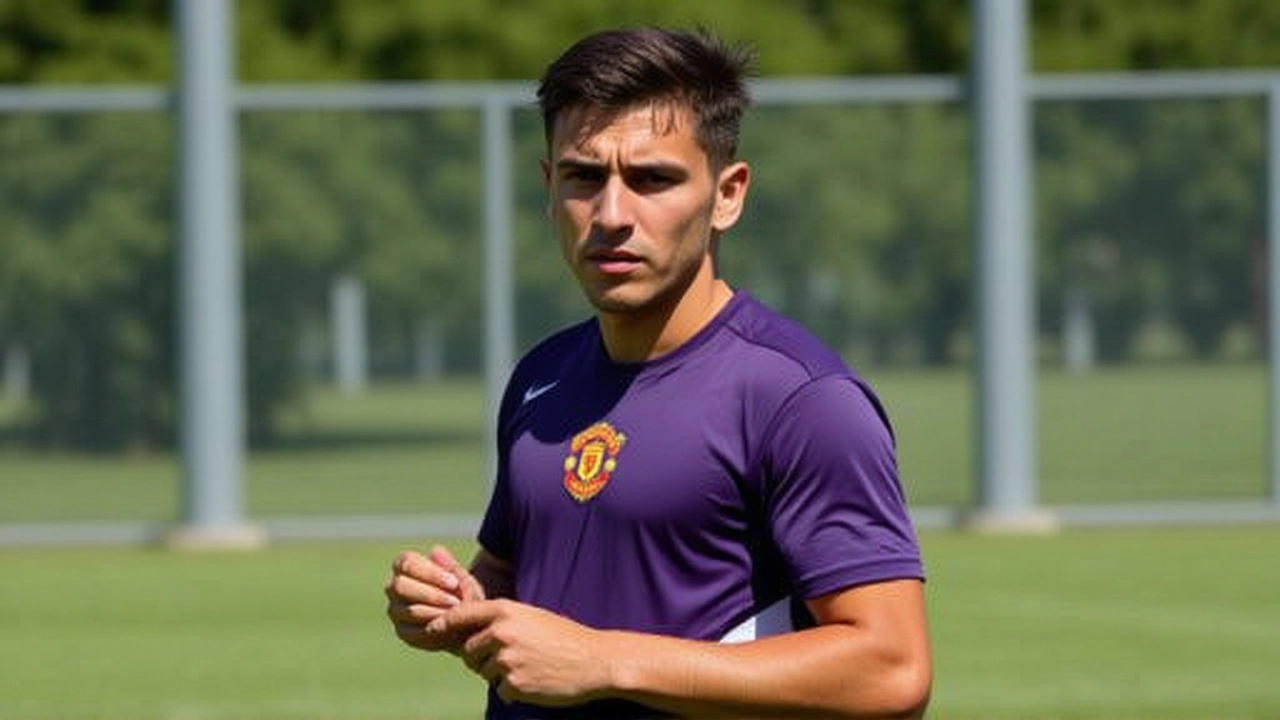England Under-20
When you’re tracking England Under-20, the English national side for players under the age of 20 that competes in FIFA and UEFA tournaments. Also known as England U20, it sits inside the England youth development pathway, a structured ladder from grassroots academies to the senior national team. Key events like the U-20 World Cup, FIFA’s global showcase for under‑20 nations give the squad international stage, while the England senior team, the full national side that caps the best talent watches closely for future call‑ups.
The youth development pathway is more than a label – it’s a promise that players get the right coaching, competitive matches, and a clear route to senior football. Academies across the country feed talent into the Under‑20 pool, and the FA tailors training camps to sharpen tactical awareness and mental resilience. In practice, this means a 19‑year‑old who shines in the Premier League academy might earn a call‑up to England Under-20 within months, gaining experience against peers from Brazil, Japan or Mexico.
Why the England Under-20 matters
Participating in the U‑20 World Cup isn’t just about a trophy; it forces young players to adapt to different styles, climates and pressures. The tournament requires rigorous scouting – coaches and scouts analyze every pass, movement and decision to decide who can handle the next step. That scouting effort creates a semantic link: U‑20 World Cup requires thorough player scouting. When a striker scores against a South American side, the senior team’s staff note his composure and may fast‑track him to the full squad.
Similarly, the Under‑20 side encompasses the England youth development pathway. The pathway provides the technical foundation – ball control, passing accuracy, and spatial awareness – while the Under‑20 stage adds tactical nuance, such as pressing patterns and transition play. Players learn to read the game faster, a skill that the senior coaches value highly.
Another semantic connection is clear: England senior team benefits from the Under‑20 pipeline. History shows that many senior stars, like Raheem Sterling and Jadon Sancho, first proved themselves at the Under‑20 level before earning full caps. The senior coaches monitor the Under‑20 matches, often sending assistant coaches to watch in person or via video analysis.
Beyond tournaments, the daily routine for an England Under‑20 player includes strength work, video review and mental workshops. The FA partners with sports psychologists to teach coping strategies for high‑pressure moments, a habit that sticks throughout a player’s career. These sessions also teach teamwork – understanding how personal roles fit a collective plan.
Recent trends show clubs being more cooperative, loaning players to lower‑division teams where they can get regular minutes. This synergy between club and country ensures the Under‑20 players stay match‑fit and bring real‑game experience back to the national setup. Meanwhile, the FA invests in data analytics to track player progress, offering a quantifiable view of development alongside traditional scouting.
Below you’ll find a curated collection of articles that dive deeper into each of these areas – from match analyses to training tips and player interviews. Whether you’re a fan curious about the next England star or a coach looking for development ideas, the posts ahead spell out how the Under‑20 program shapes the future of English football.

Man United Coach Binnion Pleads Patience for England Call‑Up Lacey
Travis Binnion urges patience for 18‑year‑old Shea Lacey after his England Under‑20 call‑up, outlining United's youth strategy and the player's path forward.
View More